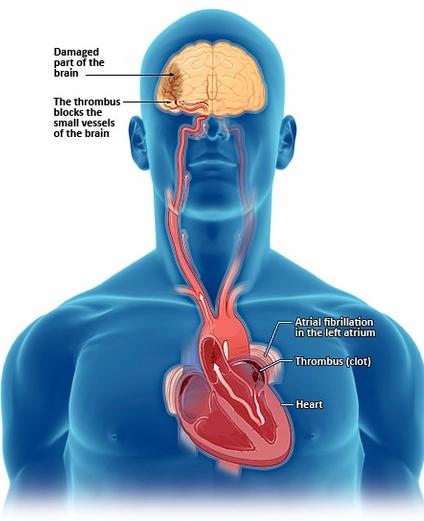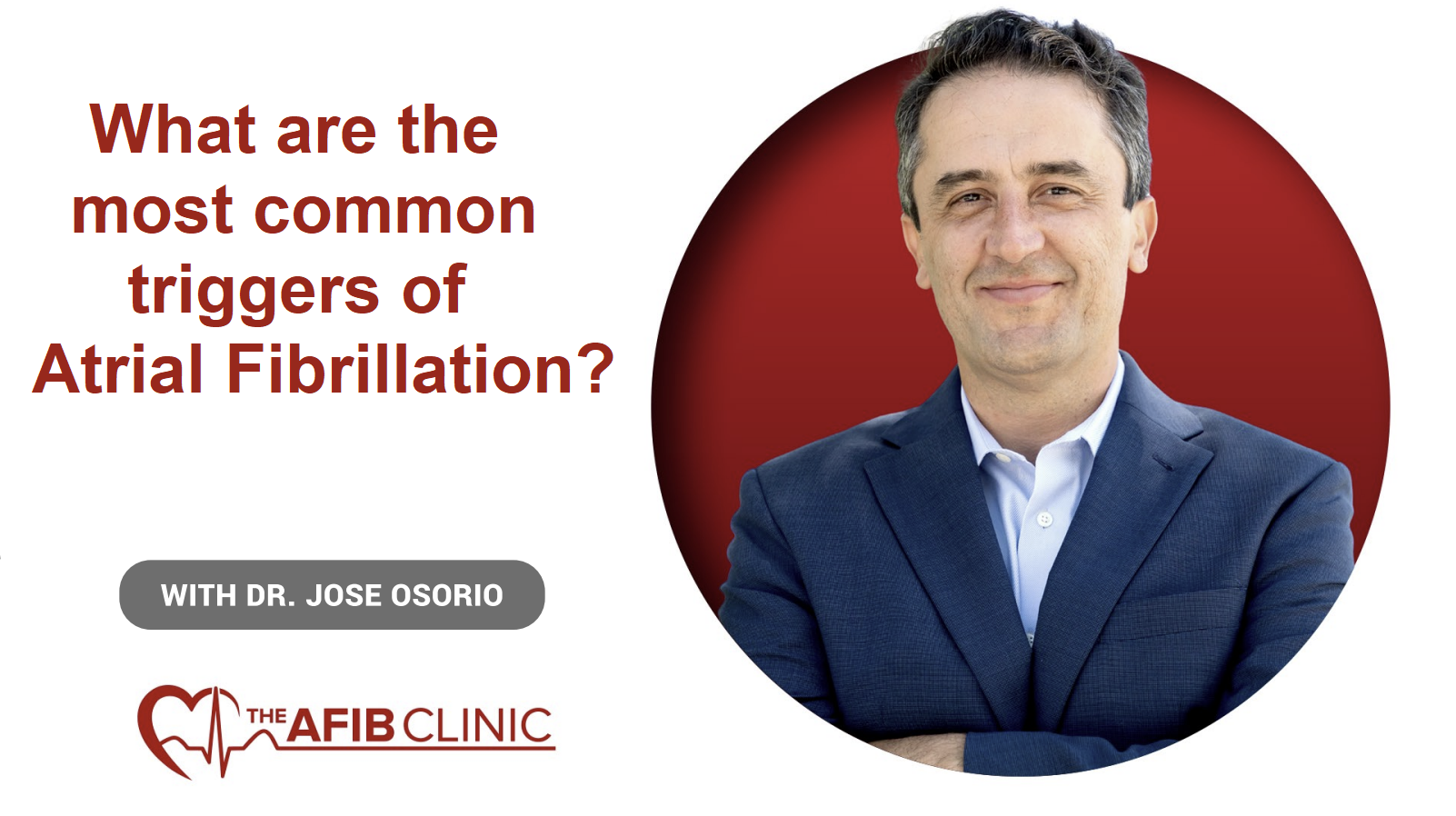Afib Medications
Atrial fibrillation (AFib) is the most common type of arrhythmia—a condition that causes the heart to beat irregularly and often rapidly. One of the most concerning risks associated with AFib is the increased risk of stroke. In fact, patients with AFib are five times more likely to suffer from a stroke compared to those without this condition.
But why exactly does AFib increase the risk of stroke, and what can be done to reduce this risk? Let’s take a closer look at the connection between AFib and stroke, and the steps you can take to protect yourself.
How AFib Leads to Stroke
When the heart is in atrial fibrillation, the upper chambers of the heart (the atria) do not contract properly. Instead of beating in a coordinated way to pump blood efficiently, the atria quiver or fibrillate, which can cause blood to pool within the heart. This pooling of blood creates an environment where blood clots can form, particularly in a small area of the heart called the left atrial appendage (LAA).
If a blood clot forms in the heart and then travels through the bloodstream to the brain, it can block an artery and cause a stroke. The irregular heart rhythm of AFib also makes it more difficult for the heart to move blood efficiently, increasing the risk of clots and ultimately stroke.
For more on how AFib affects heart function, visit our page: What is AFib?
The Left Atrial Appendage (LAA) and Stroke Risk
The left atrial appendage (LAA) plays a significant role in why AFib patients are more prone to blood clots. This small, pouch-like area in the upper left chamber of the heart is where blood can pool during AFib episodes. Studies show that 90% of blood clots that lead to stroke in AFib patients originate in the LAA.
One way to reduce stroke risk is through the use of anticoagulants (blood thinners) or procedures like the Watchman device, which is designed to close off the LAA and prevent clots from forming there.
Learn more about treatment options and stroke prevention on our AFib Treatment Options page.
The Role of Blood Thinners in Reducing Stroke Risk
One of the most effective ways to reduce the risk of stroke in patients with AFib is by taking anticoagulant medications or blood thinners. These medications, such as warfarin, dabigatran, rivaroxaban, or apixaban, work by reducing the blood’s ability to form clots. However, blood thinners carry their own risks, including an increased risk of bleeding, so it’s crucial to work closely with your doctor to manage these risks.
At The AFib Clinic, Dr. José Osorio tailors treatment plans to each patient’s unique needs, assessing the risk of stroke against the potential side effects of anticoagulant therapy. He also discusses newer alternatives for patients who cannot tolerate blood thinners, such as the Watchman device.
For more details on anticoagulants and stroke prevention, check out our Stroke Prevention in AFib page.
Other Risk Factors for Stroke in AFib Patients
While AFib significantly increases the risk of stroke, certain factors can further elevate this risk:
- Age: Stroke risk increases with age, especially after 65.
- High Blood Pressure (Hypertension): Uncontrolled high blood pressure is a major risk factor for stroke.
- Diabetes: Diabetic patients with AFib are at a higher risk of stroke.
- Obesity: Excess weight can contribute to conditions like high blood pressure, which increases stroke risk.
- Previous Stroke or Transient Ischemic Attack (TIA): Patients who have already experienced a stroke or mini-stroke are at much greater risk.
Understanding and managing these factors can significantly reduce your risk of stroke. For personalized recommendations, speak with Dr. José Osorio or your local electrophysiologist.
Learn more about how to prevent strokes if you have Atrial Fibrillation!
The Bottom Line
If you have atrial fibrillation (AFib), it’s crucial to understand that your risk of stroke is higher. However, with the right management plan—whether through medications, lifestyle changes, or procedures—you can significantly reduce that risk. If you have questions about your stroke risk or want to discuss stroke prevention strategies, contact Dr. José Osorio at The AFib Clinic.
For more information on stroke risk and how we can help, visit our AFib Clinic for expert advice.
Dr Jose Osorio
Miami, FL
Read more about AFib:
Can Weight Loss Drugs Like Wegovy, Mounjaro and Zepbound Help Atrial Fibrillation (AFib)?
Improving Success Rates for Afib Ablation by Building a Learning Collaborative – Dr Jose Osorio
What are the success rates of Afib Ablation? How do physicians know the chances of success?














